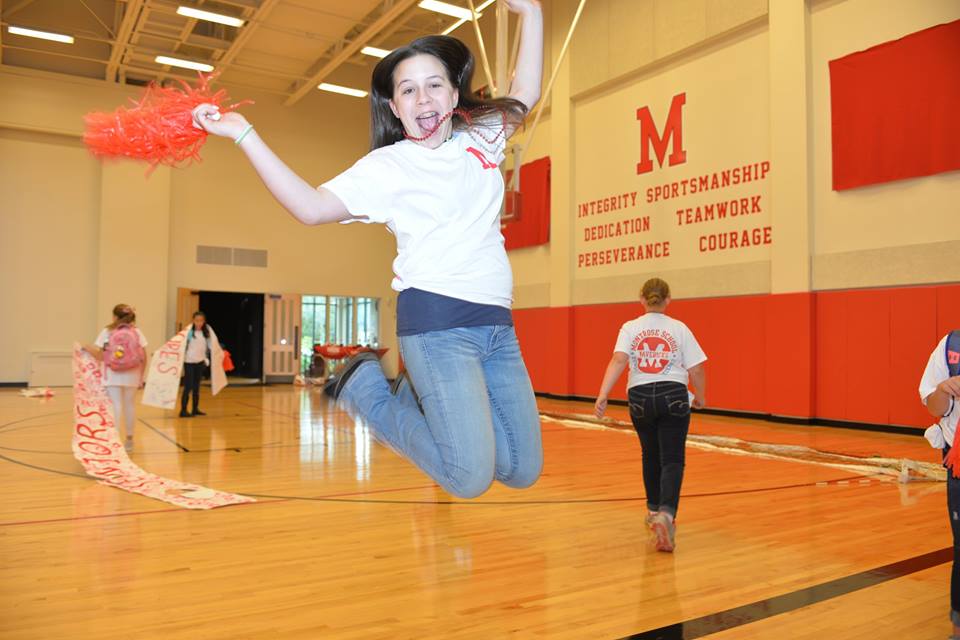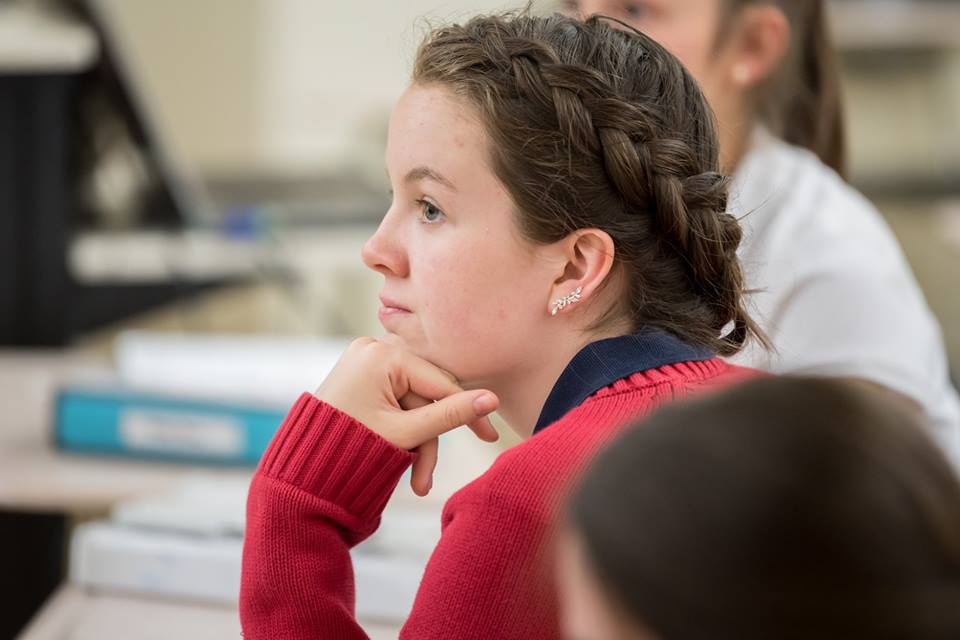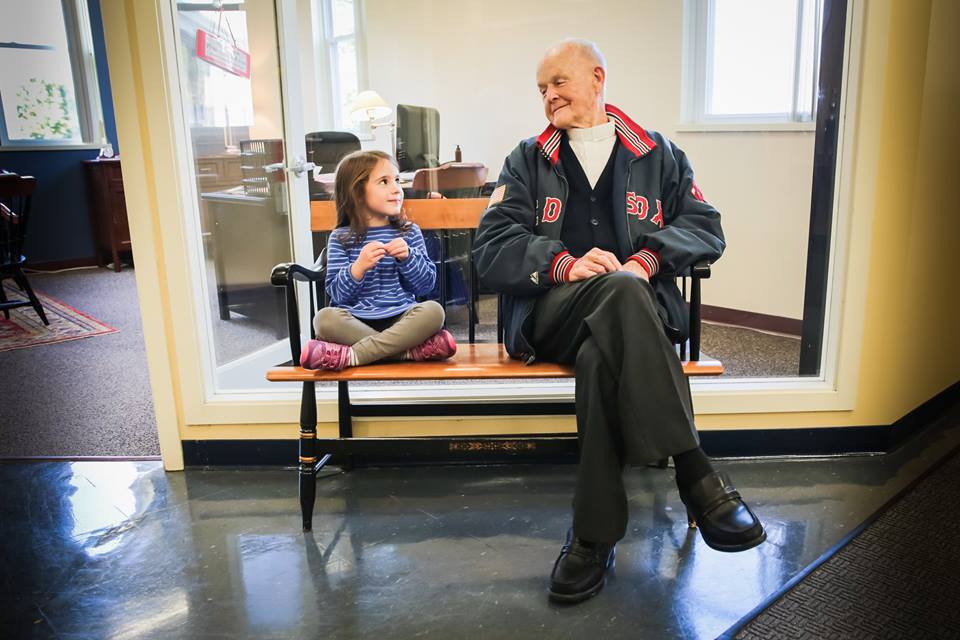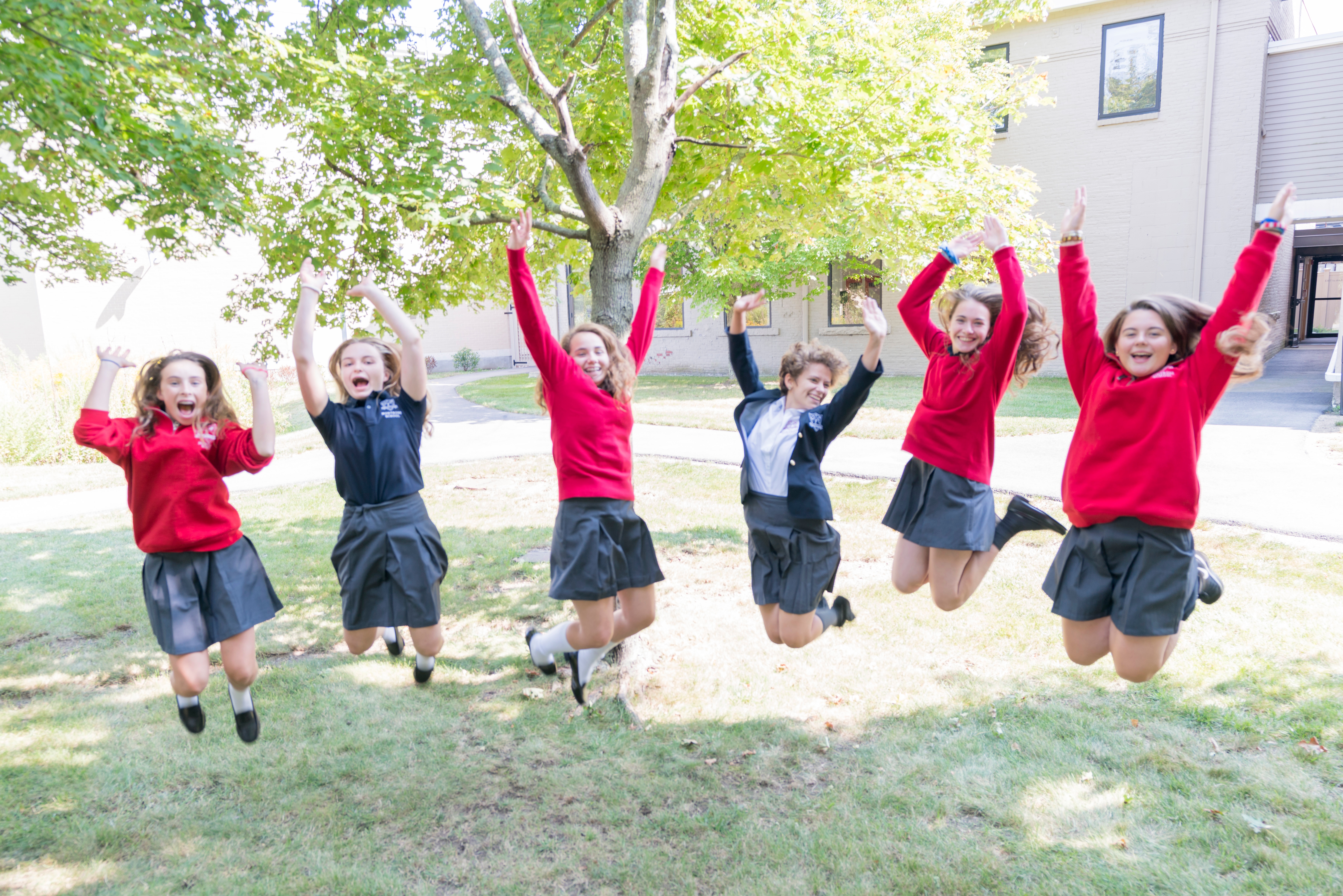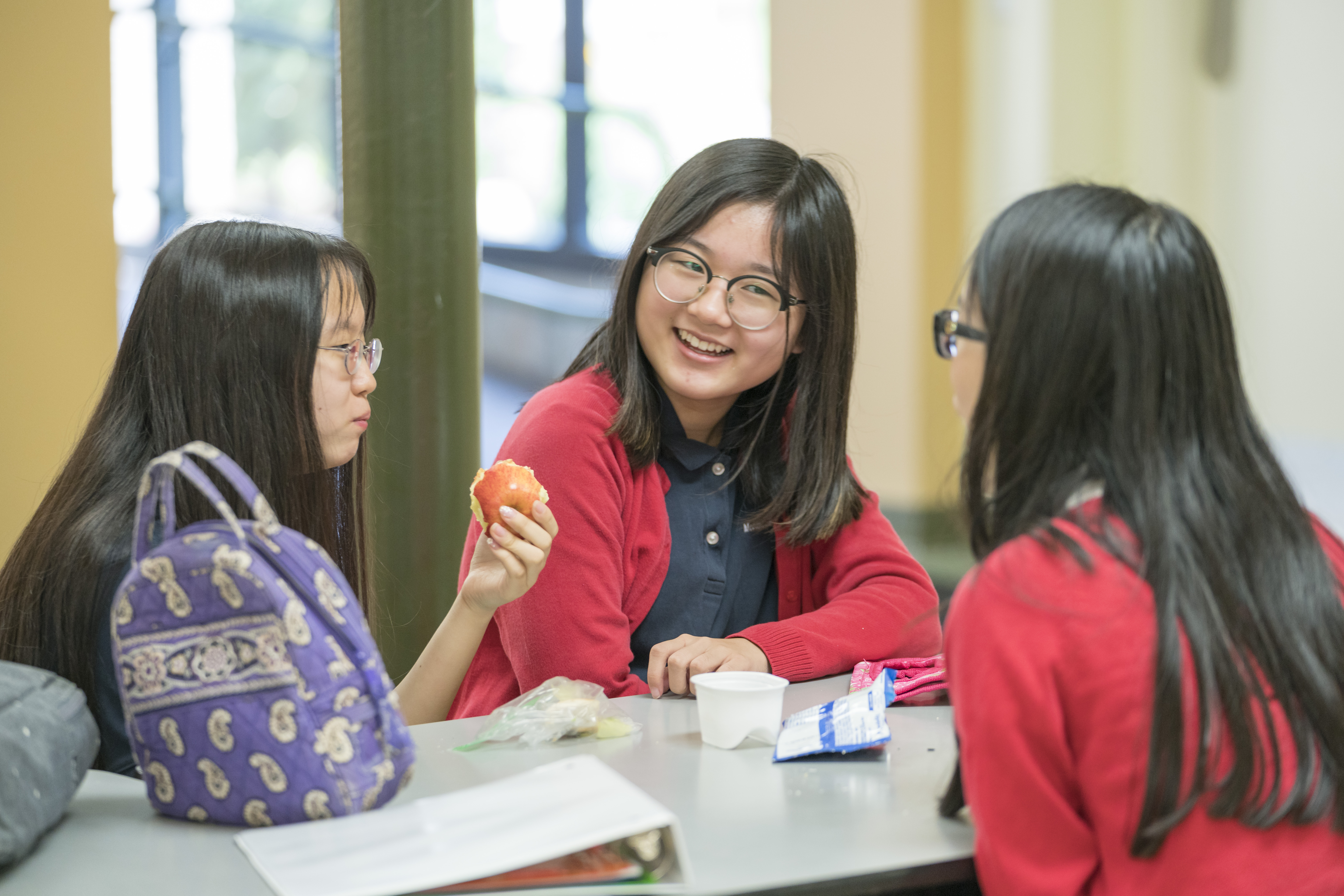Resilience increases our capacity to thrive in any situation; resilient people keep challenges and setbacks in perspective, have strategies for navigating difficult emotions, and have the strength to bounce back and take another step forward. According to research out of Harvard's Center for the Developing Child, "The single most common factor for children who develop resilience is at least one stable and committed relationship with a supportive parent, caregiver, or other adult." Within this context of support, here are a few ways adults can help kids and teens develop resilience.
Bounce Back: Learning How to Build Resilience
Modern life is often typified by bursting schedules, meals on the fly, and never-ending alerts, emails, and texts on our phones. Yet if we simply do and do and do without pausing to reflect, we can find ourselves stuck on a hamster wheel. Reflection is essential to self-knowledge, and self-knowledge can propel us toward self-improvement -- toward making choices that align with who we want to be.
As the students streamed through the doors on the first day of school, filling the corridors with their laughter and conversation, my heart felt full. At Montrose, we spent the summer building, painting, and transforming classrooms and offices into more purposeful spaces and places for our girls. We also engaged in deep full-faculty conversation about why we do what we do and ways we can amplify our efforts to make a difference in the life of each young woman here.
Fostering an Attitude of Gratitude in Your Family
In his TED Talk “Want to be Happy? Be Grateful,” Benedictine scholar and monk Brother David Steindl-Rast says that “it’s not that happy people are grateful, but rather that grateful people are happy.” Modern social science research bears this out: expressing gratitude increases our feelings of joy and well-being. According to a review of gratitude research in a Harvard Health letter, “gratitude is strongly and consistently associated with greater happiness. Gratitude helps people feel more positive emotions, relish good experiences, improve their health, deal with adversity, and build strong relationships.
Empathy is the ability to step into the shoes of another person. When we empathize, we imagine their feelings and perspectives and use that understanding to thoughtfully guide our responses. Empathy is also related to dignity -- because empathy is a natural response once we recognize a person’s inherent worth as a human being. Children’s book author Anna Dewdney offers this wonderful definition: “Empathy is an understanding that other people have feelings, and that those feelings count.” Or as researcher and author Brene Brown writes, “Empathy is communicating that incredibly healing message ‘You are not alone.’”

